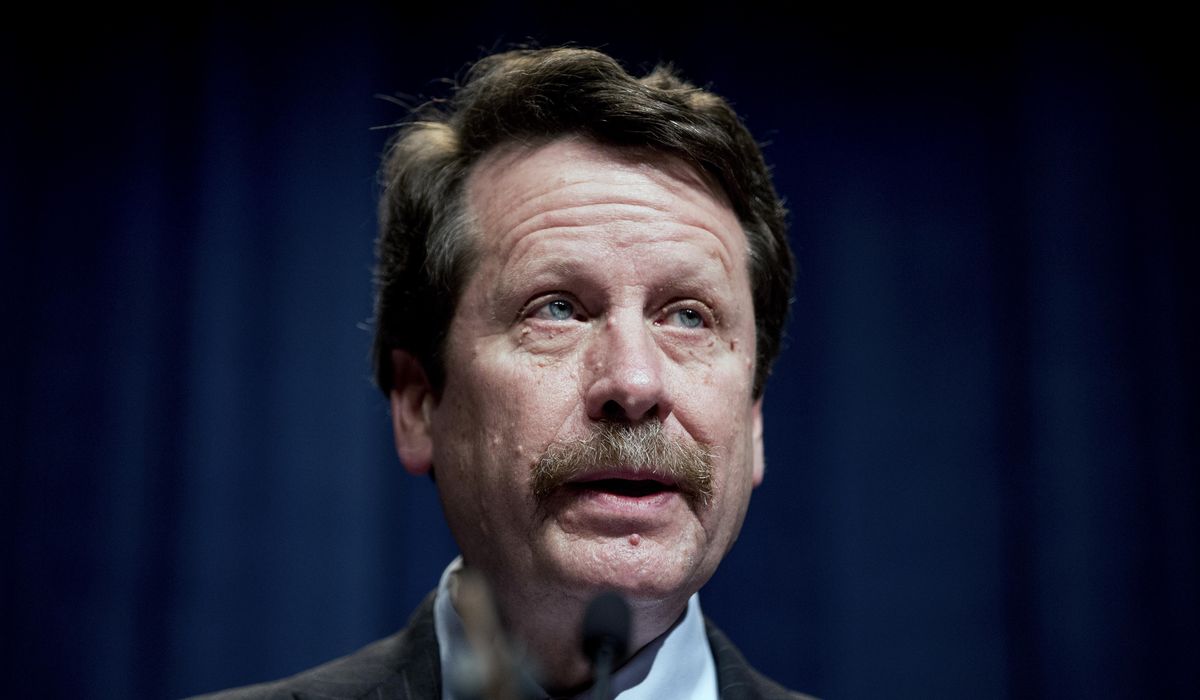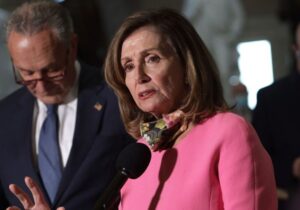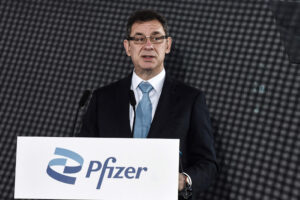Robert Califf promised Tuesday to “hit the ground running” if he is confirmed as commissioner of the Food and Drug Administration, a role that he filled under President Barack Obama but which has taken on new importance with the COVID-19 pandemic, a surging opioids crisis and alarming rates of teen vaping.
Dr. Califf said addressing the pandemic will be job “No. 1,” including making tests more widely available.
“We really need to redouble our efforts with omicron on the scene,” he said at a confirmation hearing before the Senate Health Committee. “Fundamentally, we have to work together to make the tests available so that they’re not expensive.”
Dr. Califf said he is keenly aware that too many people are getting hooked on opioids, despite the heightened focus on the crisis in recent years. The government in April said drug overdoses had killed over 100,000 Americans in a 12-month period for the first time.
“I know we have work to do,” Dr. Califf told the senators.
The FDA is a major player in the government’s response to the pandemic. It approves vaccines, therapeutics and tests.
However, President Biden relied on Dr. Janet Woodcock to lead the FDA in an acting capacity during his first year instead of tapping a permanent leader.
Last month, Mr. Biden nominated Dr. Califf, who served as FDA chief from February 2016 to January 2017.
Sen. Richard Burr, North Carolina Republican, said he was “disappointed it took so long” for a nominee but praised Dr. Califf as a distinguished scientist with leadership experience at the FDA and Duke University in his home state.
The senator said the agency needs a “wartime” leader who will remain nimble and keep his foot on the gas after the FDA found ways to approve vaccines, diagnostics and therapeutics in record time during the pandemic.
“The agency finally leaned into its authorities to move as quickly and safely as possible,” Mr. Burr said.
Senate Health Committee Chairwoman Patty Murray said the FDA‘s portfolio is vast, from ensuring the safety of food on family tables to challenges like anti-microbial resistance, and Dr. Califf will need to address flavored e-cigarettes that “have led to skyrocketing tobacco use among kids.”
She characterized the doctor as a steady hand with broad appeal.
“Dr. Califf has worked on these issues before — when he was previously confirmed to lead FDA in an overwhelming bipartisan vote and I look forward to working with him again to ensure FDA continues to protect families across the country, uphold the gold standard of safety and effectiveness, and put science and data first,” said Ms. Murray, Washington Democrat.
Dr. Califf was approved on an 89-4 vote in 2016. He will need bipartisan support to be confirmed in the evenly divided Senate this time around.
Sen. Joe Manchin III, West Virginia Democrat, opposed Mr. Califf‘s nomination immediately after Mr. Biden announced it in November. The senator pointed to a rise in opioid overdoses during his previous tenure and ties to the pharmaceutical industry.
“We need a leader who is ready for reform in pursuit of improving public health outcomes and Dr. Califf is not that candidate,” Mr. Manchin said. “How many more Americans have to die before we see a culture change at the FDA? If there was ever a time for a change in leadership at the FDA, an institution with such direct impact on the American people, it is now.”
Sen. Bernard Sanders signaled he is skeptical of Dr. Califf‘s research work alongside drug companies and his stock holdings. He asked the nominee whether he supports letting Medicare negotiate down the prices of drugs, a core issue for the progressive senator from Vermont.
“Yes, and I’m on record,” Dr. Califf said.



















